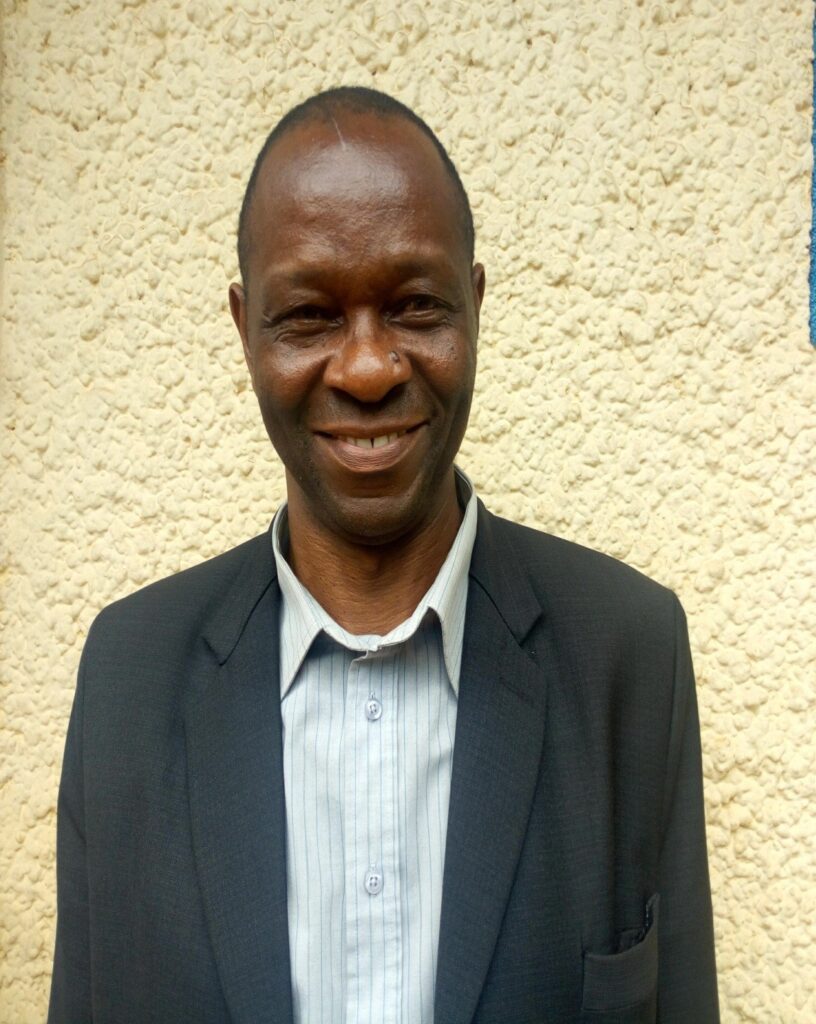By Godfrey Nkoole
Vocational education is a form of education based on occupation or employment, also known as career and technical education. It can also be defined as a system or course of study that prepares individuals for jobs that are based on practical activities. Vocational education can be secondary or post-secondary and can be taken at any age.
Recent statistics indicate that young people aged 15-24 represent 20 per cent of the African population but over 40 per cent of these are unemployed. Technical and vocational education and training (TVET) has an important role to play in promoting their integration into the labour market and in combating poverty.
Vocational education and training offers students an opportunity to gain practical experience in their chosen career path before they even graduate. Students who finish those rigorous programs, have the credentials and training they need to get started right away in their chosen career path.

Sometimes, we may fail to make it to university due to financial problems, failure to attain the required grades or even the admission process we undergo. We should not be worried, there are institutions that are ready to give us hands-on skills and these are vocational institutes.
There is need to urgently opt for vocational education in Uganda because there is an incompatibility between the output of higher education and the labour market.
The education system of Uganda needs to significantly improve the quality of education and type of specialization and thus the need to support the reforms in our educational curriculum and training methods to align with the needs of the labour market.
The labour market of Uganda is increasingly becoming more specialized. The demand for skills in both government and private sector has increased. Vocational education and training is what can answer all the economic questions Uganda is facing, especially as regards to unemployment.
Vocational Education offers a wide variety of options in administrative, business, computer technology, agriculture, automobile, craftsmanship, laboratory, cosmetology and other related fields.

Specifically, these courses include; Computer Studies, Secretarial and Office Administration, Hotel & Institutional Catering, Tourism & Hospitality Management, Fashion & Garment Design, Cosmetology & Beauty, Motor Vehicle mechanics, Plumbing, Electrical Technician and Plumbing, among others.
Vocational education is also in line with government Vision 2040 that aims at prioritizing human development and creation of skilled manpower for national development. Accordingly, government introduced a TVET program which will holistically address Uganda’s skilling challenges in order to achieve the desired national goals of increased productivity, labour efficiency and technological readiness.
The TVET policy has been developed to strategically reform both the current general
education and the technical and vocational education and training systems from a knowledge-based and theoretical system to a competence-based system. It is aimed at availing the much needed employable skills and competencies relevant for the national transformation as opposed to mere acquisition of educational certificates and targets all Ugandans in need of skills employment.
The policy emphasizes a flexible workplace-oriented (practical) delivery as opposed to the theoretical knowledge acquisition under the current general education system and it shifts TVET management from the government led to Public- Private Partnership delivery. The policy also establishes a new direction and Institutional Framework to guide TVET delivery. The new direction involves reviewing the Current BTVET Act 2008, Education (Pre- Primary and Post- Primary) Act, 2008: Universities and Other Tertiary Institutions Act, 2001 and other related laws.

In addition, the policy provides for the establishment of a TVET Council. This is a statutory body established to oversee all aspects of TVET delivery in Uganda. This Council shall be a semi-autonomous body from the Ministry of Education and Sports and will have the structures and organs necessary to enable it perform its functions and mandate of regulating and overseeing TVET delivery in the country.
The four national assessment bodies will be merged into two bodies: one Health Professional Assessment Board (merging UNMEB and UAHEB); and one Technical and Vocational Assessment Board (merging DIT assessment arm and UBTEB). The regulatory function under the DIT standards and qualification arm will be managed under the regulatory body- the TVET Council.
The Author (Godfrey Nkoole) is a Qualified Teacher and currently the Deputy Principal at YMCA College of Business Studies, Jinja




